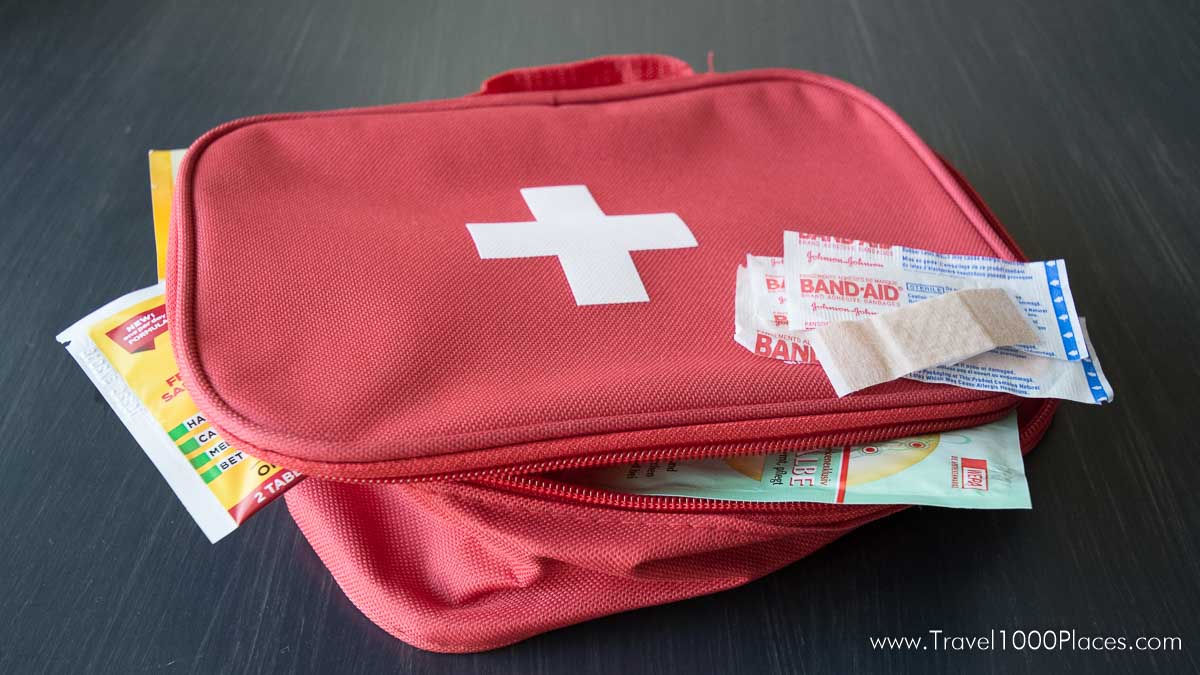
Germany is a highly developed country and its medical capacity and performance is outstanding in the world. Whatever can happen to you while traveling will be addressed in Germany with professionalism.
The German medical and health system is a leading one in the world and you will be in good hands, whatever small or major thing happens to you.
Read on and learn about your options.
Travel Insurance
Non-EU citizens should carry a Travel Insurance which takes care of many medical emergency situations occurring in a foreign country.
EU citizens can take advantage of a free or at least subsidized primary care in the event of a medical emergency, such as an accident or illness. Many EU countries provide the “European Health Insurance Card” (EHIC, see website: European Health Insurance Card – Employment, Social Affairs & Inclusion – European Commission (europa.eu)) to their citizens or, if not issued, the form E-111 is needed. Just show the EHIC Card and it will be accepted as payment for the treatment. More information can also be found on Wikipedia: European Health Insurance Card – Wikipedia
If you are coming from a country outside of the EU you should carry a travel insurance for the time of your visit. Travel agencies can help you with further information and how to get the insurance. You can also do research online or check your online booking platform.
Vaccinations
Vaccinations are NOT required for entry into Germany.
COVID-19 vaccinations might become mandatory once available.
The CDC website provides an overview regarding Health topics for Germany and other countries: Destinations | Travelers’ Health | CDC
Common health risks
The flu or similar illnesses do exist in Germany. When being outdoor during spring or summer, especially when hiking, there’s also a risk of being bitten by ticks. Diseases like Lyme disease or viral early summer meningoencephalitis can be transmitted but not all bites lead to an infection. Some areas in following federal states bear an elevated risk are: Baden-Württemberg, Bavaria, Hessen, Rhineland-Palatinate and Thuringia.
Wild animals
There are not really potential dangerous animals living in the wild in Germany: no bears, no wolves, no mountain lions — recently bears and wolves coming from Eastern countries have been spotted but that are isolated cases.
Dangerous snakes (…there are some types of adders and vipers like Kreuzotter, Ringelnatter etc.) are not existing in Germany. However, if a person has allergies any insect bite or snake bite might be life threatening. If you are bitten it is recommended to seek medical attention.
Emergency phone numbers
If you need an ambulance or immediate medical treatment then call: 112 which is the nationwide emergency number. Works from any phone also public phones without the need of coins or a phone card. Also cell phones allow to call the number without active provider contract etc.
110 is the Police.
Pharmacies: Apotheke
Pharmacies are called “Apotheke” in Germany. Their sign (logo) is a red capital letter ‘A’ on white background. In an ‘Apotheke’ you will get prescription drugs and also over-the-counter medicine.
Hospitals: Krankenhaus
Hospitals can be found in any bigger city or town and they usually provide emergency care and are open 24/7.

